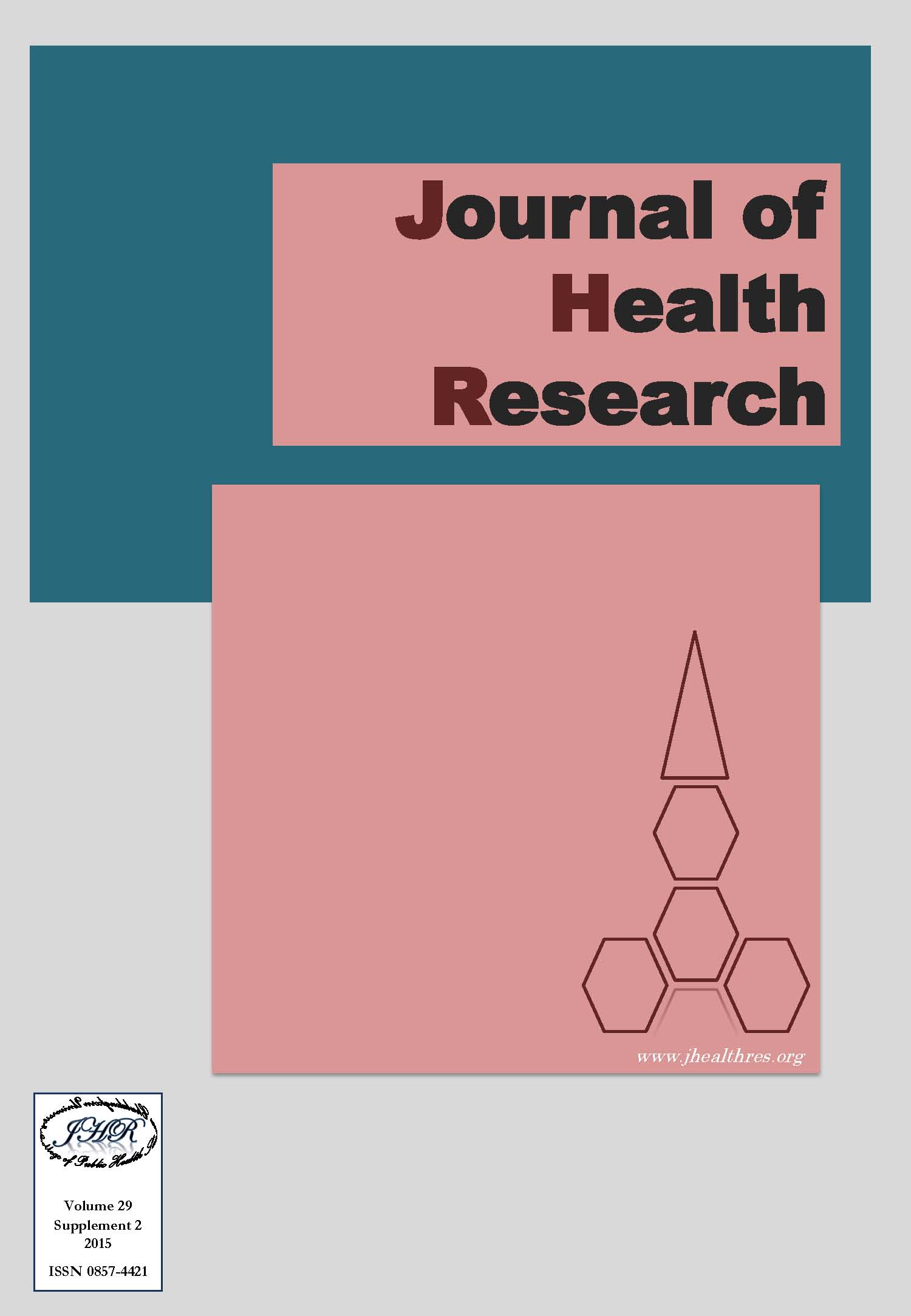Satisfaction among users of electronic patient anesthesia record in neurological institute, Bangkok, Thailand: a survey
Keywords:
Anesthesia, Electronic patient anesthesia record, ThailandAbstract
Background: Anesthesia medical records are important in the recording process for patients undergoing surgery; and act as a legal evidence to protect the communication between medical staffs. The anesthesia medical record indicates the patient information before surgery, during surgery, and postoperative period. Even though the electronic patient anesthesia record has not been implemented generally, the advantage of this system has been recognized. The electronic patient anesthesia record can eventually replace handwritten records because of the accuracy and the completeness of the documents. Neurological Institute, the tertiary neurological center in Thailand, has been using electronic patient anesthesia record since September, 2012 as a first pioneer. But, after the program execution, the attitude of users of electronic patient anesthesia records has not been evaluated. Therefore, we assessed the electronic patient anesthesia record users satisfaction and also its association with socio-demographic factors in order to understand the feasibility of this program.
Methods: This was a cross-sectional survey, conducted on 182 respondents which include recorders and readers. The study was analyzed using descriptive statistics, Chi-Square Test and Man-Whitney test.
Results: Most of the respondents in the reader group, 84%, were found to have moderate satisfaction using electronic patient anesthesia records. In recorder group 50% had high level of satisfaction and 45% felt moderate satisfaction. The association between socio-demographic characteristics and users satisfaction of electronic patient anesthesia record were associated significantly with level of computer knowledge and familiarity with electronic machine (p=0.002 and 0.001 respectively) in reader group respondents.
Conclusions: Users of electronic anesthesia records are moderately satisfied with the electronic recording system. However, the readers group needs more training on computer technology and reading electronic records. More in-depth studies to look at efficiency and cost effectiveness of anesthesia records are needed in the future.







